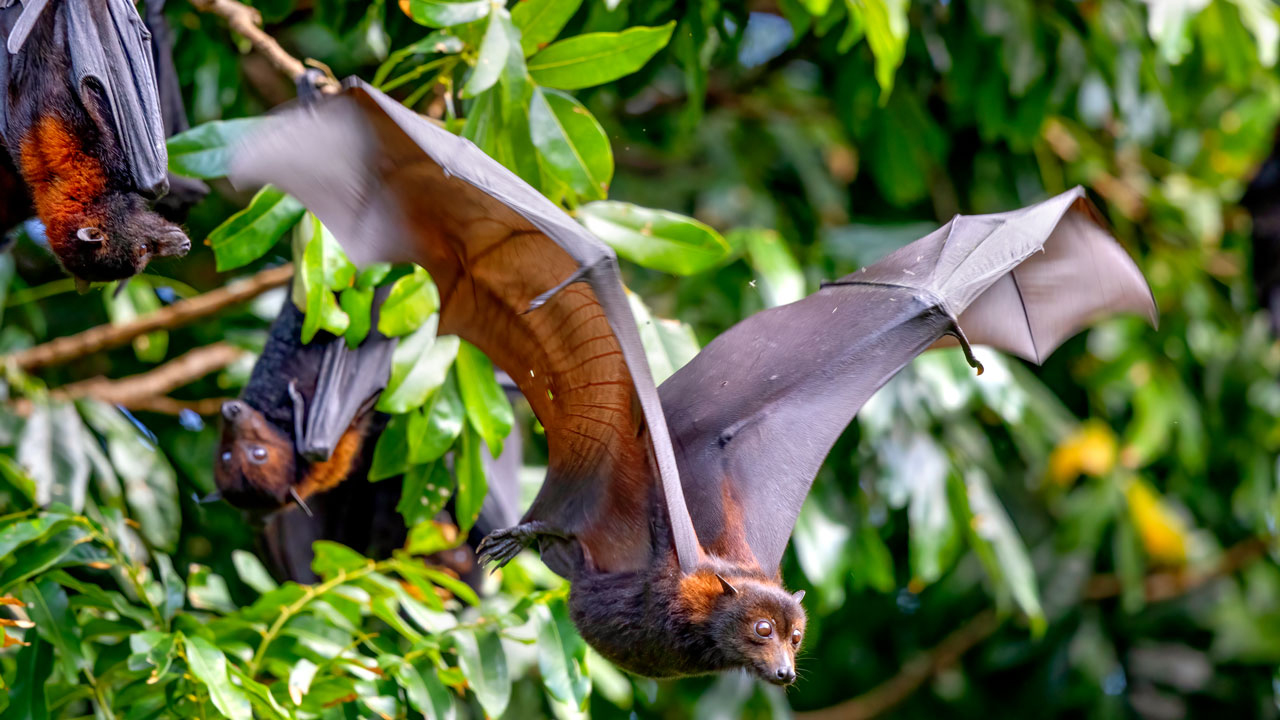MEDIA ALERT: Experts available on planning spring gardens
Cornell agriculture experts are available to discuss spring and summer gardening.
Tip Sheets
Expert Quotes
“This disaster reveals how exposed America’s critical infrastructure is to sudden and devastating accidents as well as intentional destruction."
Featured Video
Cornell researchers have developed a semiconductor chip that adds a necessary time delay so signals sent across multiple arrays can align at a single point in space, and without disintegrating.

